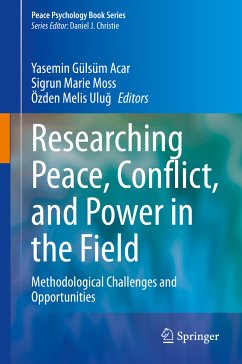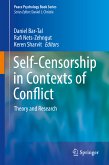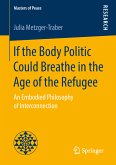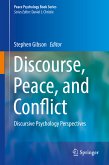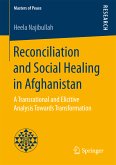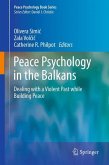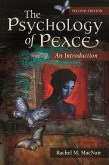Among the topics discussed:
- Conceptualizing the interpreter in field interviews in post-conflict settings
- Data collection with indigenous people
- Challenges to implementation of social psychological interventions
- Researching children and young people's identity and social attitudes
- Insider and outsider dynamics when doing research in difficult contexts
- Working with practitioners and local organizations
Researching Peace, Conflict, and Power in the Field is a valuable guide for students and scholars interested in conflict research, social psychologists, and peace psychologists engaged in conflict-related fieldwork.
Dieser Download kann aus rechtlichen Gründen nur mit Rechnungsadresse in A, B, BG, CY, CZ, D, DK, EW, E, FIN, F, GR, HR, H, IRL, I, LT, L, LR, M, NL, PL, P, R, S, SLO, SK ausgeliefert werden.

